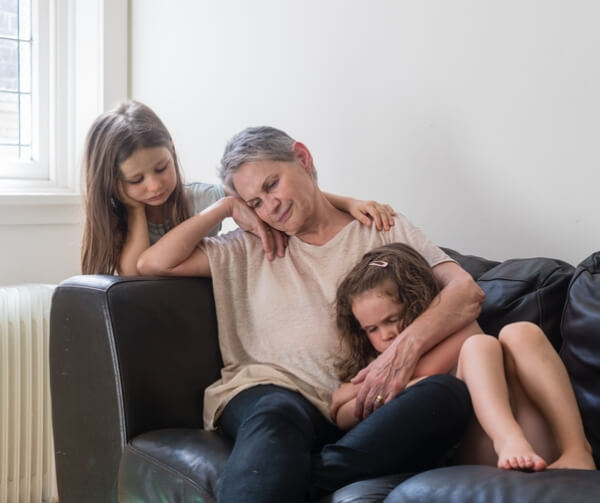
As your loved one nears the end of life, you want to help them cope with their illness. These needs can be met by end-of-life home care. Talking with your loved ones about their wishes can help them to process the situation and gain perspective when it comes time to die. The patient wants to participate in the decisions, regardless of whether they wish to or not. Respecting their wishes will make them feel good.
Comfort
One of the primary benefits of comfort for end of life in home care is the opportunity to say goodbye. Many people regret not having the opportunity to say goodbye at the last minute. Talking with family members about the life of a loved one can bring comfort. You may also find that hearing is one sense that will most likely shut down. This can make it easier to share the burden with loved ones.

Dignity
It is often thought of as an abstract concept and not grounded in reality. It may be universal and inherent, but it must be substantiated in care practices and situations to be a worthwhile consideration. The findings of this study are a reminder to care for dignity in home-care. Let's examine some of these issues. Below are key themes that will help us reach a higher level patient and family satisfaction.
Social support
Hospices consider the social context when providing holistic care. Social support is the person's ability to draw on other people's resources. Social support refers to the interaction and participation of hospice patients in group activities, maintaining self-esteem, as well as opportunities for interaction with other people. Unfortunately, little research exists on the effects hospice social support has on patients. Mixed methods will be used in this study to explore the effect of hospice social support upon patients and their families.
Medicaid
In New York, Medicaid long-term care programs serve 247,000 beneficiaries a month, accounting for about one-quarter of Medicaid spending. The report provides a detailed portrait of each program, using September 2007 as a snapshot. It outlines the main issues Medicaid faces when providing quality care. This article discusses some of the key issues to keep in mind when applying Medicaid for end-of life in-home care. This article will discuss the importance and eligibility of the program.

Care homes
In-home care offers many advantages when it comes to choosing end-of life care. A person will be in their own environment, where they can have access to family and friends. Caregivers can offer more personal care than they could in a hospital setting. Visiting nurses can provide comfort and assistance, and special equipment can be provided to help patients stay as comfortable as possible. Many services that provide end-of life care can assist patients in daily activities.